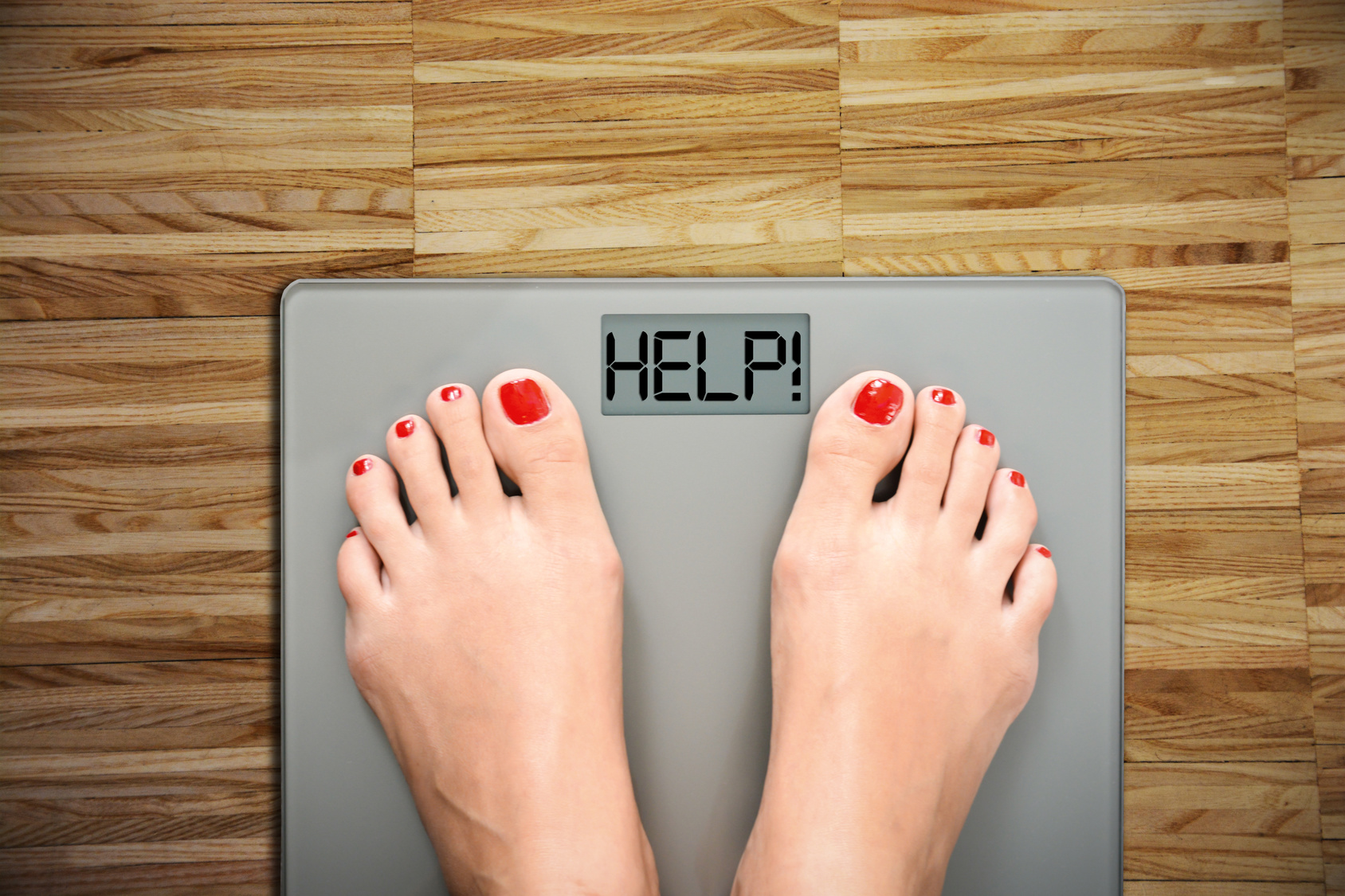
Losing weight is easy, right? You spend more time in the gym burning calories and working up a sweat. You also get your diet in check and start eating wholesome clean food.
The equation for weight loss is simple. Burn more calories than you consume. But for some, weight loss is anything but.
Have you made lifestyle changes but you’re still not losing weight? If so, there may be other factors that are causing the scale to not budge.
Read on to learn 9 reasons why you’re not losing weight and how to fix them.
1. Not Enough Water
If you’re not losing weight, odds are you’re not drinking enough water.
An average adult should drink at least 8 glasses of water a day. Water not only hydrates you, it can help keep you full.
Drinking water before you eat will make you feel fuller faster. This will reduce the amount of food you eat.
Find water to be too bland?
Try kicking your water up a notch by adding lemon or lime. The citrus flavor is just enough to give your water flavor. You can also try infusing your water with other fruits and herbs.
To boost your water intake even more, try eating low-calorie water-packed foods, including:
- Cucumbers
- Watermelon
- Cauliflower
- Cabbage
- Peas
2. Eating Too Many Calories
Calories play a huge role in weight loss. Even if you’re eating clean and wholesome foods, you may still be underestimating your caloric intake.
In fact, adults underestimate their caloric consumption on average by 30 percent. Being off by a few hundred calories at the end of the day can put you over your daily limit.
If you’re serious about losing weight, you’ll need to focus on calories. Consider these steps.
- Determine how many calories you need each day. You can use an online calculator to determine the number.
- Keep a food diary. Write down what you eat throughout the day. Nutrition tracking apps usually tally a calorie count daily.
- Weigh your food. Don’t eyeball your portions. Measure everything before it goes into your mouth. Proper measurements help to ensure you’re not over or underestimating your calorie intake.
- Re-evaluate as needed. As you lose weight, you’ll need fewer calories. After losing 10lbs, re-evaluate your caloric needs.
3. Not Enough Sleep
Sleep and weight-loss go hand-in-hand. In fact, lack of sleep can cause weight gain. The more sleep you get, the more likely you are to be successful in losing weight.
Lack of sleep can leave you feeling hungry. This is because sleep deprivation impacts cortisol levels, which control appetite.
Not getting enough sleep can also make you lazier and less likely to exercise. Skipping exercise means you burn less calories.
To get better and longer sleep:
- Have a set sleep schedule
- Avoid caffeine and nicotine before bed
- Try taking a hot relaxing bath
- Ensure your sleep environment is quiet and comfortable
Not losing weight? Try catching some more Zs.
4. High Levels of Stress
When most people are stressed, they tend to eat more and move less. Being in a constant state of stress causes a variety of consequences.
To start, stress can cause a lack of sleep. As stated above, not enough sleep can be counterproductive to weight-loss. Just like lack of sleep, too much stress raises cortisol levels.
Stress can also cause cravings, especially for comfort food.
Unless carrots or lettuce are your comfort foods, you’re likely to slip back into bad eating habits.
5. You Don’t Exercise Consistently
If you’re not losing weight, take a look at your exercise regimen. To lose weight, you should be working out at least 3 hours a week at moderate intensity.
If you’re like most people, it can be hard to work up the want to exercise.
Want to get your heart rate going without slaving away on the treadmill? Here are some fun yet impactful workouts:
- Swimming
- Dancing
- Kickboxing
- Bicycling
- Playing sports
6. You’ve Plateaued
At some point along the weight-loss journey, everyone hits a plateau. As your body adapts to your workouts and becomes more efficient, you burn less calories.
If your weight-loss has stopped, there are several fixes.
Try incorporating new workouts into your routine. Not eating enough calories can also cause issues. If your body isn’t getting the fuel it needs, weight-loss will stop.
7. Weekends Are Your Downfall
So you stick to the plan all week, but then Friday night comes and you let loose. Your weekend plans may be the exact reason why you’re not losing weight.
To lose a pound each week, you need to cut 500 calories each day. If you’re good for 5 days and bad for 2, you’re taking two steps forward and one back.
The key is to work your indulgences into your weekly calorie limit. If you’re going out on Saturday, eat less throughout the week. This leaves you more wiggle room during the weekend.
You’ll also want to avoid free for all days. Going over the top with food and drinks can undo a week’s worth of hard work.
8. Undiagnosed Medical Condition
If you’re doing everything right but not losing weight, you may have a medical condition. There are several medical issues that can cause weight gain, including:
- Hypothyroidism
- Dysthymia
- Menopause
- Cushing Syndrome
9. Medication
There are certain medications that can cause weight-gain. These medications include:
- Diabetes medications
- Antidepressants
- Corticosteroids
- Antipsychotics
- Beta-Blockers
If you’re on any of these medications and not losing weight, talk to your doctor. There may be a substitute medication that you can take.
A Natural Supplement for Weight-loss
Sick of being overweight? Feel as if you’ve tried everything with no success? If so, now is the time to consider ChiroThin.
ChiroThin is a natural dietary supplement that assists with metabolism and detoxification. With the right diet and exercise, your weight-loss journey will be a success.
Get started by finding a doctor near you!
